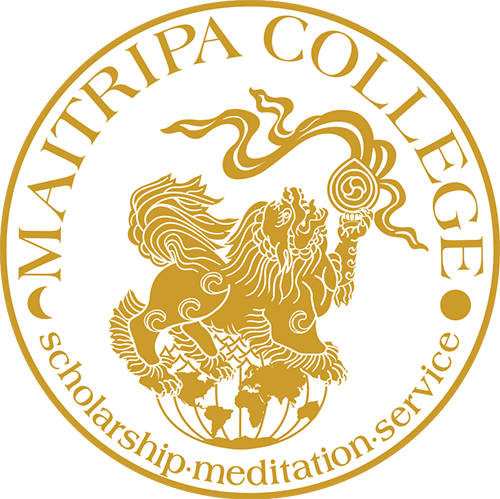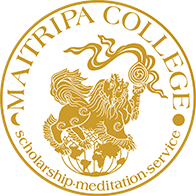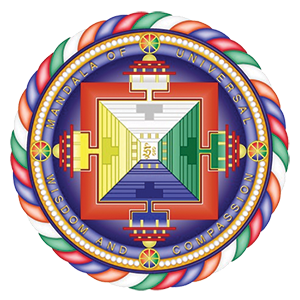(2 credits) What is Buddhist Ministry? In recent years, a number of Buddhist professionals and scholars are newly and creatively posing working definitions and disciplinary-defining principles and practices. Buddhist ministry appears to be emerging out the needs and work of at least three realms of practitioners coming together to explore what it means to be Buddhist or draw upon Buddhist traditions in the practice of addressing, often in intimate, face to face encounters, social and individual suffering. These realms are the academic subfield of Buddhist Theology, the professional fields of chaplaincy and psychotherapy, and dharma practice communities. Beyond theoretical meanderings, the increasing needs for lay and western leadership prompt needs for specialized training, learning from others, and assessing our own resources. This course examines modes of being in religious and spiritual service to self and others, within Buddhist and non-Buddhists contexts. Emphasis will be on practical elements of preparing for and holding leadership, and the personal integration of religious knowledge, personal practice, and identifying one’s spiritual authority. Topics will include Buddhist ministry, spiritual authority, spiritual formation, self-assessment, and various models of pastoral or spiritual care. In spring 2018, this will include units on understanding and preparing for clinical pastoral education, homiletic writing and speaking, and guiding in the Buddhist community. Speakers will introduce students to a range of professional and religious paths, such as: chaplaincy, psychotherapy, spiritual direction, mediation, trauma work, FPMT Registered Teacher and Spiritual Program Coordinator, activism, and dharma practice leadership.



